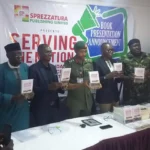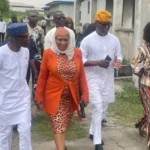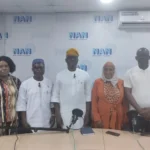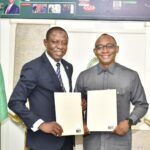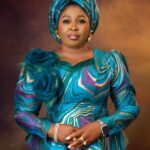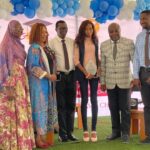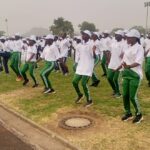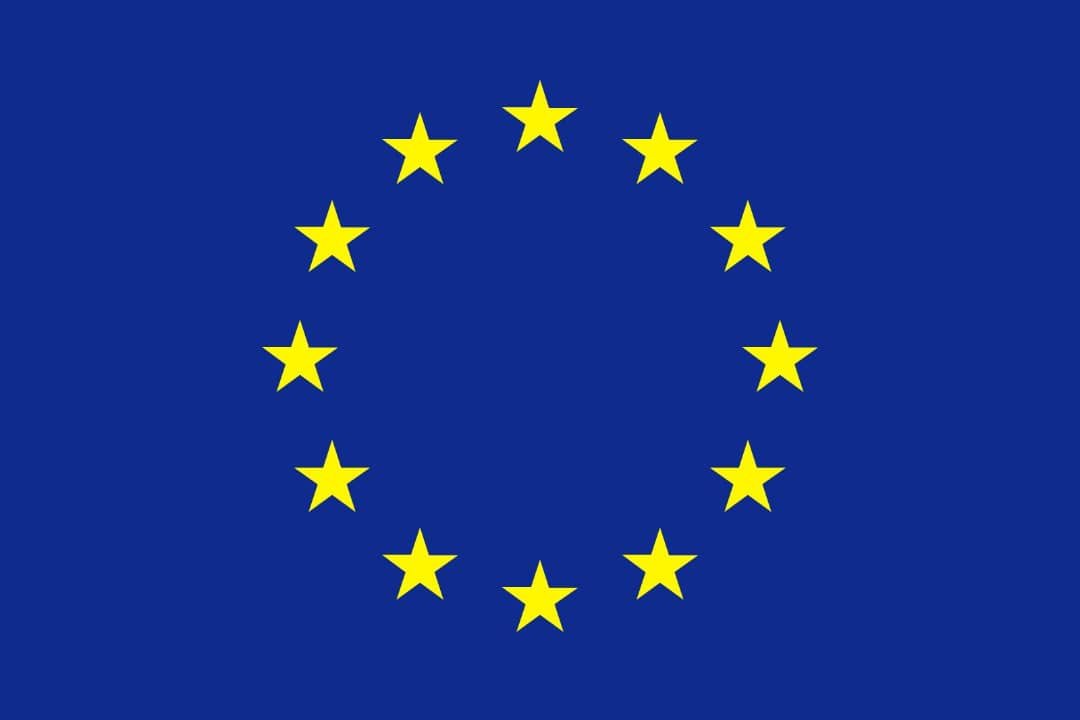By Angela Atabo
The European Union Support to Democratic Governance in Nigeria (EU-SDGN) has called for an inclusive government and appointment of persons with disabilities into key positions in the country.
Members of the EU-SDGN said this in a statement on Thursday in Abuja at the end of the ‘Able to Serve” event.
The News Agency of Nigeria (NAN) reports that EU-SDGN is an European Union funded programme, aimed at reinforcing democracy in Nigeria through six component areas.
The areas included support to the Independent National Electoral Commission (INEC), support to the National Assembly, judiciary and political parties.
Others were support to media, support to women, youth and persons with disabilities and support to Civil Society Organizations (CSOs).
Mr Jake Epelle, Chief Executive Officer, TAF Africa, and implementing partner for EU-SDGN said there was need for Nigeria, especially the current administration, to hear the voicess of PWDs that they were qualified for any and every appointive office.
“The President Bola Ahmed Tinubu should take the bull by the horns and appoint persons with disabilities as Ministers.
“Let him take pride in being the first President to do that; Elected Governors across the sub-national should also appoint persons with disabilities as Commissioners.
“We are grateful that in the past, we have been appointed Special Advisers and some other Heads of Establishments, especially establishments for PWDs , but we need to go a notch higher. Who says we cannot be Ministers?,” he said.
Epelle called on governments at all levels to appoint a person with disability as Minister.
“Hold me responsible and we will make sure that, that person will perform. We may be disabled in our physical body, but we have the ability in our brain.
“If you take us out of governance, then what you’re going to run is an exclusive government, and an exclusive government is not a government of national unity,” he said.
Epelle said that if Nigeria truly want to run a government of national unity, then that government should be inclusive of all, irrespective of their gender, status and religion.
He said that whatever needed to be done so that everyone would sit on the table would be the way forward.
Epelle said that PWDs were very prepared to serve.
According to him, they are PhD and Master’s degree holders, but it’s not just about the degree but because of their preparation for leadership.
“We have the right people that will make us proud. Just give us the opportunity, that is what we are asking for. When you pursue true inclusion, it eliminates cultural stereotypes.
“Service is not written on anybody’s face. Give everybody that is qualified the chance to serve. Don’t give us a Minister because we are PWDs.
“Give us a Minister because we have the ability to run that office, make a difference and be part of nation building,” he said.
Ms Auta Lois, Founder, Network of Women with Disabilities, said there was need to remind policy makers and decision makers, traditional leaders, clergy, student groups, civil society organizations, media institutions, and other stakeholders that PWDs have the right to be appointed and elected into a public office.
Dr Chike Okogwu, Founder, Center for Ability, Rehabilitation and Empowerment (CARE), said the impact of the kind of programme, “Able to Serve”, would increase inclusion of persons with disabilities in governance.
Okogwu said that including persons with disabilities in governance should not be only because they were PWDs.
He said that beyond them being persons with disabilities, their capacity to deliver on the job given to them should play another important role.
The EU-SDGN cohort noted that there cannot be strong, effective and legitimate democratic institutions without the inclusion and participation of persons with disabilities.
He said that while majority of PWDs were not elected in the just concluded general elections, there was still an opportunity for their inclusion in appointive positions in government at National and State levels.
NAN reports that members of EU-SDGN cohort included DAI Global, Policy and Legal Advocacy Centre (PLAC), Yiaga Africa, Kukah Centre, International Press Centre (IPC), Institute for Media and Society (IMS), Nigerian Women Trust Fund (NWTF), ElectHER, and TAF Africa.
Others were SOS Children’s Villages, Civil Society Legislative Advocacy Centre (CISLAC), Corporate Accountability and Public Participation Africa (CAPPA), Justice, Development and Peace Commission (JDPC), Justice Development and Peace Initiative, and Justice, Development & Peace Makers’ Centre (JDPMC). (NAN) (www.nannews.ng)
Edited by Chidinma Agu/Ali Baba-Inuwa


